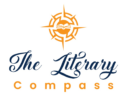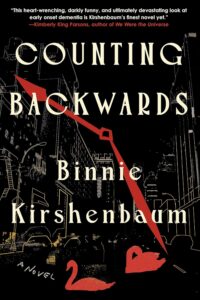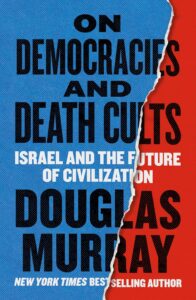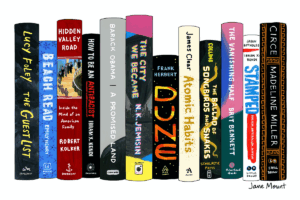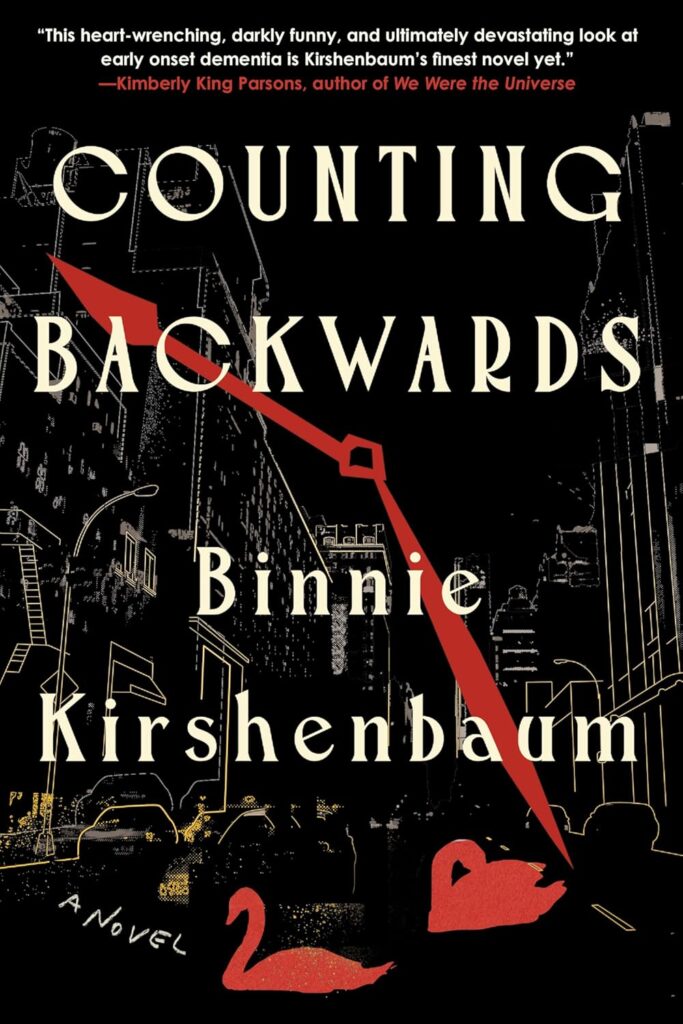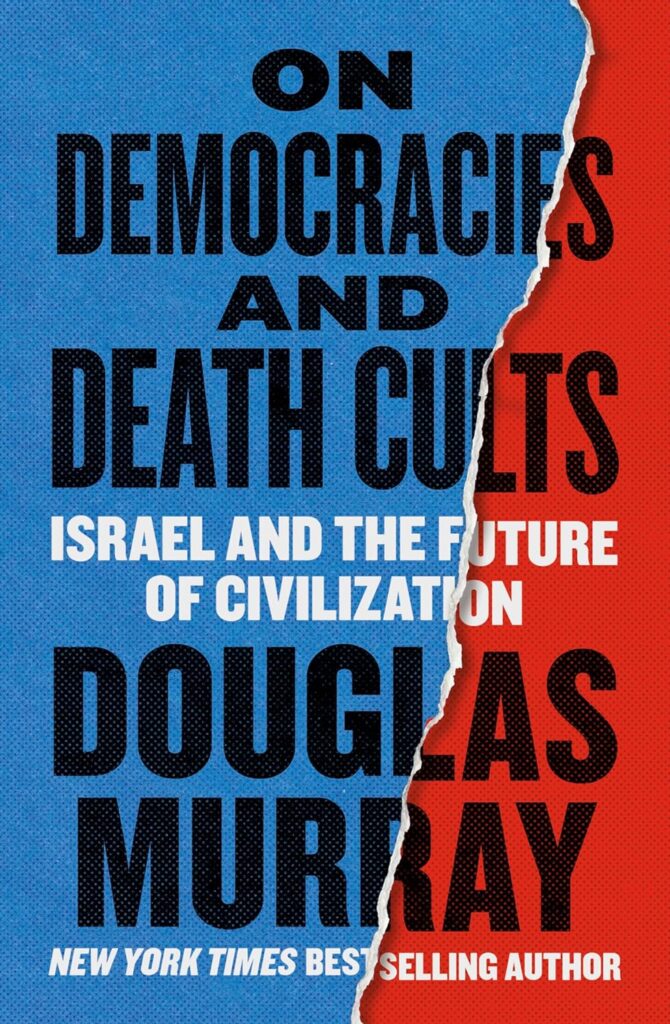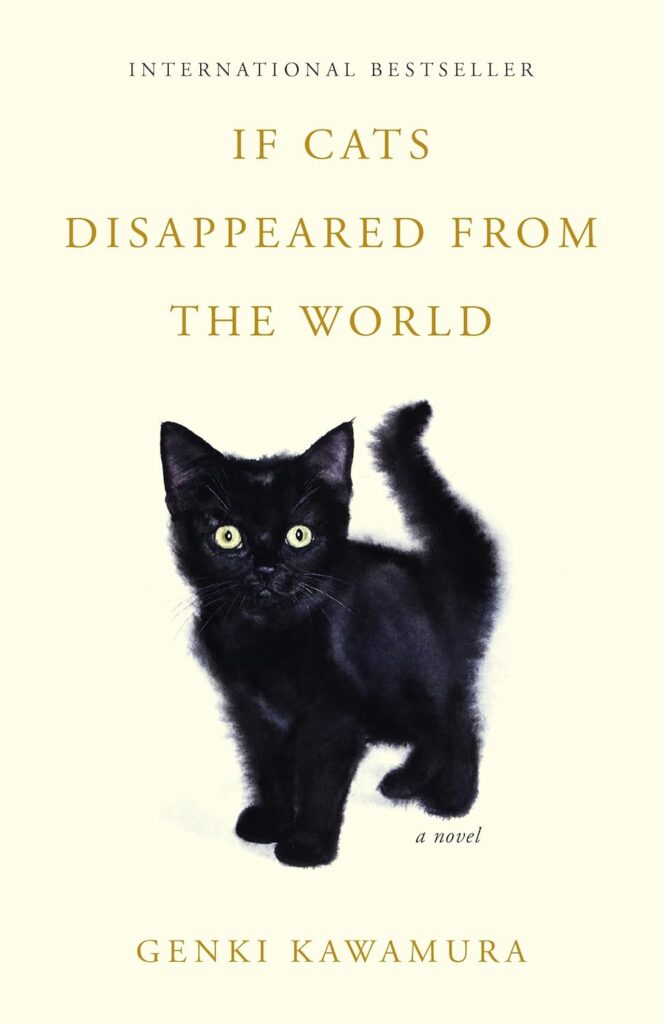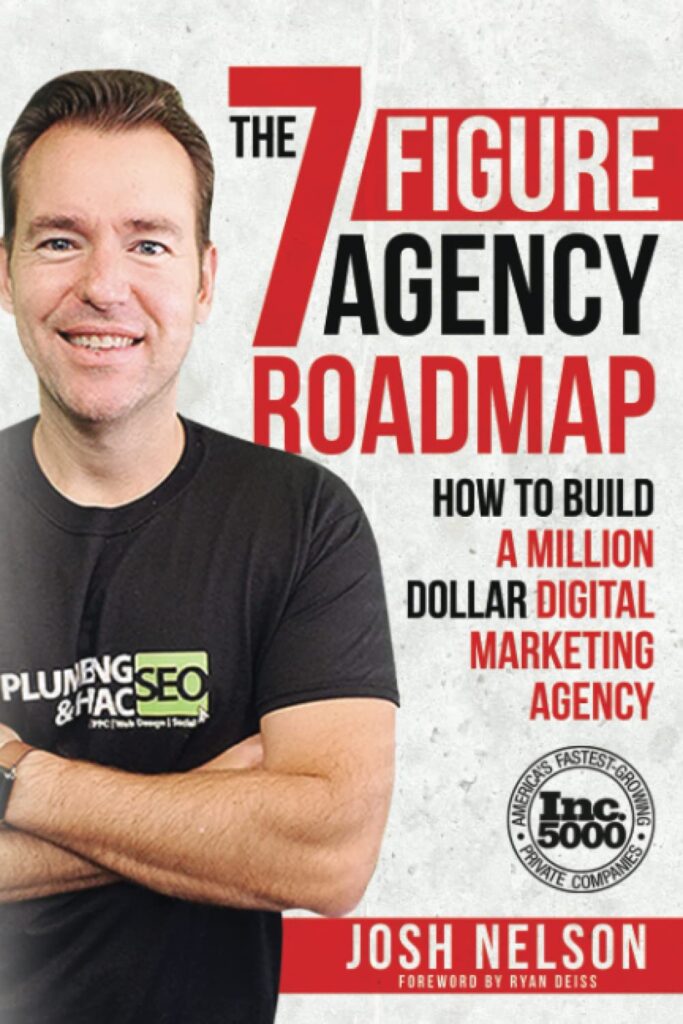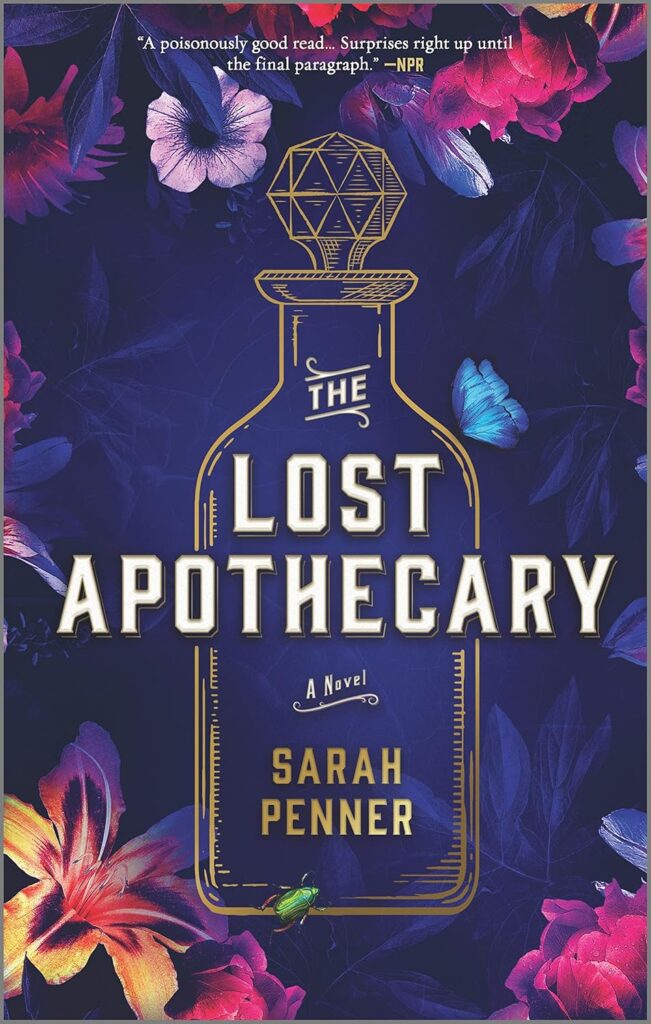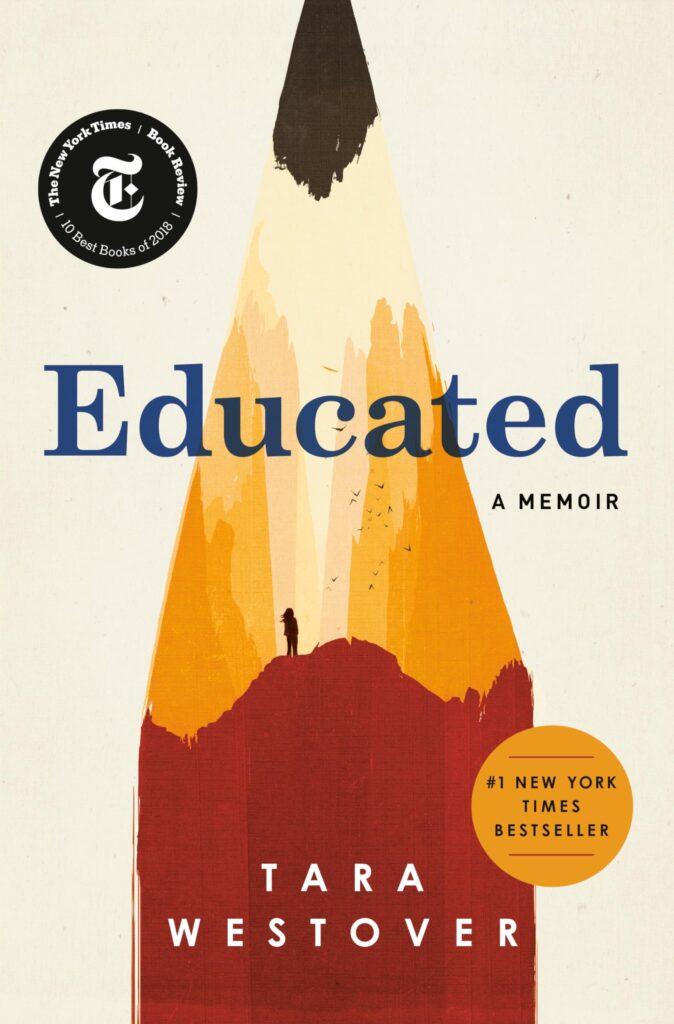Reading books for free feels like this small act of rebellion against the idea that joy has to come at a cost. And I get it—money can be tight, but the pull of a good story or the spark of learning something new? That doesn’t go away just because your wallet’s light. Thankfully, there’s a world of options out there, from virtual shelves filled with free eBooks and audiobooks to libraries still holding space for the comforting weight of physical pages. But here’s the deal—you want to do this the right way, without dipping into murky waters that hurt authors or publishers. Don’t worry, though. It’s easier (and more legal) than you think.
Borrowing Books from Local Libraries
It’s funny how libraries feel like the world’s best-kept secret sometimes. I mean, they’re literally there, waiting to hand you books, knowledge, and resources for free—but we get so busy chasing convenience that we forget to notice. Libraries have evolved, too. It’s not all dusty stacks of books and librarians shushing you (although the quiet is still magical). These days, libraries come with apps, eBooks, audiobooks, and even movies. Let’s get into it before you go signing up for another streaming service or buying another hardcover you don’t have room for.
Utilizing Digital Library Services
 Photo by Element5 Digital
Photo by Element5 Digital
Have you met Libby or OverDrive yet? These apps are like digital assistants for your reading life. You don’t even need to make time for a library visit (though I’ll always recommend it). With just a library card and your phone, you can borrow thousands of eBooks, audiobooks, and even magazines. All free. It’s like finding out your favorite coffee shop also gives away free cake.
Here’s how it works: Libby, for instance, syncs directly with your library account. You can browse digital shelves and borrow books with just a few taps. They’re delivered straight to your device. Prefer a Kindle for that sweet e-ink experience? No problem—many books in these apps have the option to deliver to Kindle over here. It’s as convenient as it sounds.
Audiobook lover? Same deal. Have the story read to you while you wash dishes, drive, or pretend you’re working out. Just pop in your headphones and you’re good to go. Here’s a simple guide if you’re new to borrowing audiobooks digitally. And yes, you can pause, rewind, bookmark—everything you’d expect.
You might be wondering, how does all this not cost me a dime? Libraries actually “license” digital content the same way they buy physical books—but don’t worry, that’s their budget to figure out, not yours. If anything, the best way you can support them is by showing up (even if it’s virtually) and making use of what they’re offering.
The Value of Public Libraries
Alright, let’s talk IRL now. Physical libraries still matter. Like, a lot. Sure, digital convenience is great, but have you stepped into a public library recently? There’s this quiet magic—a mix of history, new ideas, and calm that feels almost medicinal.
For one, public libraries are community lifelines. You can check out physical books, of course. But some libraries also have archives with old newspapers, genealogy records, and local history that you just can’t Google. It’s like holding a piece of your town’s story in your hands.
Plus, libraries are more than books. Need a change of scenery? Their study areas are perfect for unplugging and focusing. Hot tip: libraries are also great for job interviews or Zoom calls in a pinch—most offer free Wi-Fi and some even loan out tech like laptops or hotspots.
Oh, and parents? Libraries do the heavy lifting when it comes to kids’ literacy. They host storytimes, homework help, and even coding workshops now. Whether you’re after hands-on programs or just want to lead by example by reading, libraries make that easy. You can dive deeper into the role libraries play in the community here.
But here’s my favorite part: public libraries make everyone feel welcome. You don’t have to spend a penny, dress a certain way, or even justify why you’re there. They’re one of the last places where the world feels quiet and equal, where you’re reminded that knowledge and stories are meant to be shared—not hoarded behind a price tag.
So yeah, your local library? It’s more than the building with free books. It’s sanctuary, resource, and community hub all rolled into one. Worth dusting off your library card for, don’t you think?
Exploring Free Online Resources for eBooks
Sometimes, stumbling across a rare gem of a book feels like finding forgotten money in your jacket pocket—unexpected and electrifying. Except here’s the twist: there are entire treasure troves of these “unexpected” gems online, completely free and legal. They’re like libraries—minus the late fees and whispered warnings. Let me show you some corners of the internet where the shelves are wide open and the only thing missing is the creak of an old librarian’s cart.
Project Gutenberg: A Treasure Trove of Classics

Photo by Yan Krukau
Project Gutenberg feels like the Internet’s house of wisdom—a literary Aladdin’s Cave, but the password is knowing how to click. It’s an open library hosting over 75,000 free eBooks—most of which are public domain works you didn’t realize you needed until your brain whispered, “Well, why not?” It’s perfect for when you’re chasing classics like Pride and Prejudice or The Iliad, or digging into obscure essays from people who made words matter centuries ago.
The beauty here? Choice of formats. They make sure these books live on every device possible. Are you an ePub enthusiast (smooth and tidy on your tablet)? They’ve got that. More of a Kindle loyalist? You’re covered, too. It even works through a USB transfer—old-school tech meets timeless literature. If reading on a screen isn’t your thing, some texts are available in plain ol’ HTML, so you can read them in your browser. Need a place to start? This link will take you right into the heart of it.
And because navigating free e-books can sometimes feel like trying to build IKEA furniture with missing instructions, Project Gutenberg also has guides on how to make it work for your device (check out this how-to). It’s like having a book friend who knows their way around compatibility issues.
Open Library: Borrow Digitized Books
You know that fantasy where bookshelves have no limits, and every shelf bends a little just to make room for the story you’re looking for? That’s Open Library in a sentence. Picture it like Netflix for books—but entirely free (and with zero chance you end up caught in an accidental binge of kitchen-remodeling shows).
Here’s how it works: Open Library makes use of a Controlled Digital Lending (CDL) system. It’s like a librarian saying, “Look, you can borrow this, and I trust you to not smash all the pages.” Essentially, they digitize physical books and let you borrow these digital single copies one at a time—their guideline might help clear this up. You get a loan window ranging from one hour of previewing to two weeks if the book’s wide open for borrowing.
Their collection runs the gambit, covering everything from novels and cookbooks to fiction and textbooks. And the best part? You don’t even have to wait in line while someone else hoards the only copy. Want in? Start browsing Open Library’s shelves here.
Standard Ebooks: Enhanced Public Domain Titles
If eBooks typically fall into categories of “decent” or “meh,” then Standard Ebooks is that rare unicorn of “Oh wow, this is NICE.” These folks take public domain works (you know, books free from copyright grip) and treat them like first-class passengers on a suddenly luxurious red-eye flight.
What does that mean for us? Meticulously re-edited, redesigned, and re-illustrated books—no illegible errors, no formatting nightmares. They go all out to make sure you’re reading the cleanest, prettiest, most professional version of classic stories. It’s like the literary version of a photoshoot: every word polished and every sentence styled to perfection. Take a peek for yourself here.
Their magical touch doesn’t end with how the books look—they even ensure usability. Downloadable formats cater to all readers, whether you’re into ePub, Kindle, or web reading. Plus, because they rely solely on public domain content, everything here is 100% free with zero legal gray areas. It’s no exaggeration to say it’s the go-to place for anyone wanting a painlessly brilliant reading experience without spending a single dollar.
The beauty of these platforms is their simplicity. They strip away the barriers—cost, access, compatibility—and just hand you the stories. All that’s left is to decide which world to step into first.
Using Freemium and Subscription-Based Models
Reading for free doesn’t always mean cutting corners—it’s more like exploring the perks tucked into services you might already use or testing the waters before committing to a full membership. Platforms like Amazon Prime and BookBub blend free access with premium perks, creating a win-win for budget-conscious readers. Let’s take a closer look.
Amazon Prime Reading and Kindle Unlimited
If you already pay for Amazon Prime, you might be sitting on a hidden treasure trove of free reads. Prime Reading gives you access to a rotating catalog of eBooks, audiobooks, and magazines included with your membership. It’s kind of like having a bookstore in your pocket, one that lets you sample a little bit of everything without spending a dime beyond your usual subscription fee. From contemporary thrillers to self-help gems, there’s usually something to scratch your reading itch.
Now, if Prime Reading feels like the appetizer, then Kindle Unlimited is the buffet. It costs extra—currently $11.99 per month—but they do offer a free trial, letting you dip into millions of titles without committing. That free trial? Perfect for anyone with a TBR (“to-be-read”) list longer than a CVS receipt. It’s flexible, with plenty of options to explore fiction, nonfiction, and even books with Audible narration. Some books overlap between Prime Reading and Kindle Unlimited, but Kindle Unlimited takes it further, catering to those who consider reading not just a habit but a lifestyle. curious? Discover Prime Reading’s free catalog here or take Kindle Unlimited for a test drive.
Not sure which is right for you? Here’s the cheat sheet: if you’re already all-in with Amazon Prime for shopping or streaming perks, just stick with Prime Reading and enjoy the freebies. But if you’re a voracious reader with a taste for variety, that Kindle Unlimited trial might just hit the spot.
BookBub Deals and Promotions
BookBub is where frugal readers and savvy deal-hunters find their happy place. It’s less of a subscription service and more like a smart shopping assistant for eBooks. What’s the draw? They specialize in curating free and deeply-discounted books, which makes digging through endless deals a thing of the past. Think of it as having a friend who always knows when your favorite authors are running sales.
Here’s how it works: sign up for free, set your preferences (you know, the genres you actually care about), and start browsing deals daily. You’ll be amazed at the treasures that pop up—many books are entirely free or available for just a dollar or two. And the best part? There’s no commitment. You can pick and choose what works for you without worrying about auto-renewals or monthly fees. For the latest free deals, check out BookBub’s free eBook list.
The real beauty of platforms like BookBub is their ability to introduce you to lesser-known authors and niche genres you might overlook at full price. Whether you’re looking for heartfelt romance, gripping mysteries, or thought-provoking sci-fi, BookBub always seems to have something waiting for you. It’s the digital equivalent of finding five bucks in your coat pocket—and let’s be honest, who doesn’t love that? Want even more discounted options? Explore other BookBub promotions.
The mix of free and premium offerings on platforms like these bridges the gap between curiosity and commitment, letting us enjoy the luxury of reading without feeling guilty about those impulse buys. Pretty great, right?
Joining Free Book Communities and Exchanges
Books have this strange magic—they’re like little worlds waiting for you to step into, and if you’re lucky, you can share that magic with others. Free book communities and exchanges exist for people who want more than just reading; they want to celebrate the stories with others, pass on beloved favorites, or find treasures in the pages that others have left behind. The beauty of these group efforts? They not only fill shelves but also hearts. Let me walk you through two amazing ways you can ride this energy.
Organizing Local Book Swaps
Imagine this: a living room or a cozy community hall, tables overflowing with books, each one holding the mark of someone else’s curiosity or joy—ready to find its next home. A book swap is less about giving away books and more about the magic of sharing stories.
If you’re not already part of one, why not take the plunge and host one yourself? It’s easier than it sounds, and trust me, it’s worth it. Start by determining what vibe you want: casual coffee-with-books kind of thing, or something more structured with themes? Pick a location local to you—it could be your living room, a community center, or that quaint corner café everyone loves. Don’t underestimate the charm of a small, intimate setup. Got your spot? Now, invite people. Send the word out through social media, group chats, or even old-school flyers—yes, they still work.
Want tips for running things smoothly? Try limiting the number of books participants bring to avoid overwhelming the space (but encourage quality picks people will love). Create simple rules, like sorting by genres or arranging books in exchanges where people can only take as many as they bring. Picture it almost like a potluck but with words instead of food. Need some more guidance? This step-by-step guide has you covered, from invitations to setup and even post-swap practices.
The best part about swaps? It’s not just about books—it’s about the bonds. These events flex their muscles as mini-social hubs. You’ll find yourself chatting with strangers about that YA series you adore or trading notes on Murakami-like you’re lifelong friends. And as people gather, there’s this realization that what the book gave to you is now going to someone else. That’s what makes the whole thing beautiful—the life cycle of a story doesn’t end with the reader.
Exploring Free Book Forums Like Reddit
If in-person book swaps aren’t your jam or you just want to cast a wider net, online forums like Reddit are goldmines. Have you ever clicked around r/books? It’s like the biggest, nerdiest book club you didn’t know you needed. But beyond discussions of “Why did the ending of X book emotionally break me?” there are corners of Reddit specifically designed for free books. Yes, free.
For starters, the subreddit r/freeebooks is a treasure chest. People (often indie authors, publishers, or generous readers) share links to legit free or discounted eBooks. There’s no shady business here—just perfectly legal downloads waiting for your Kindle or ePub reader. From fantasy epics to helpful guides on self-development, there’s something for everyone.
Another gem? People in r/books frequently point to resources, whether it’s libraries (they’re pro-Library love!) or platforms like Project Gutenberg. Posts like this one asking “Where do you find free books?” have responses that lead you toward endless avenues of no-cost reading materials. You can take a scroll through the discussion here.
The best part of these forums, honestly, isn’t just getting free books—it’s the community. You’ll see threads filled with comments like, “This novel will change your perspective,” or someone sliding into DMs with a whole list of their favorites. It’s like sitting at a virtual campfire where everyone is either roasting marshmallows or handing you their favorite paperback. Dive in with a simple question or just lurk around for recommendations—you’re bound to stumble upon something amazing.
See? Whether you’re gathering books in person or letting Reddit’s hive mind guide you, these are spaces that feed your reading habit while building connections. Reading doesn’t just create solitary joy; it brews community, fuels conversations, and keeps the stories alive long after the last page.
Conclusion
Reading books for free isn’t just about saving money—it’s about opening doors and stepping into countless worlds without the weight of costs holding you back. From libraries that breathe life into community spaces to online platforms offering digital shelves filled with classics, there are so many ways to fill your life with stories—all without cutting ethical corners.
Here’s the thing: when we embrace these legal and accessible options, we’re not just helping ourselves—we’re supporting systems that keep stories alive and abundance possible for everyone. It’s a win-win. So, whether it’s borrowing from Libby, exploring Project Gutenberg, or sharing titles in a book swap, the next page is waiting for you. Go find it. And maybe, just maybe, share what you discover with someone else. That’s how reading grows—one shared story at a time.
